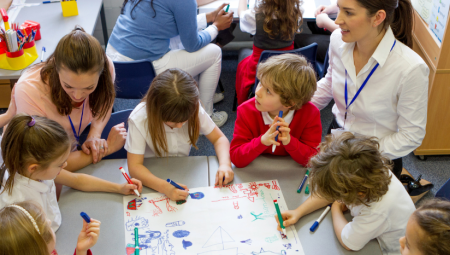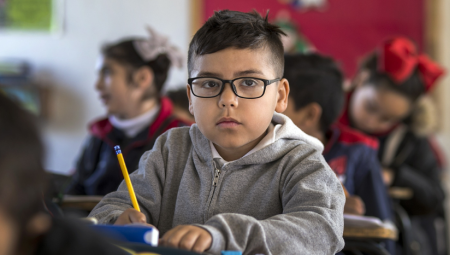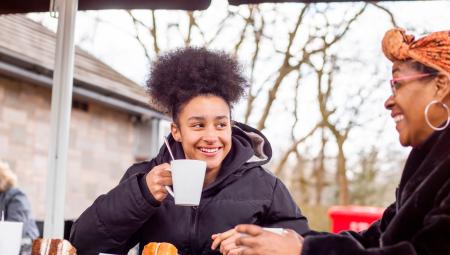This study hopes to improve service evaluation framework for social connection interventions, to help ensure resources are efficiently allocated within the community setting.
Summary
Social connection is the feeling we get from our relationships with other people. It can take many forms and is made up of lots of different things and feelings e.g. if we feel like we can trust another person, the number of people we know and how often we are in contact with the people we care about. It changes over time and effects our health and well-being. Many argue that the less involved we are with friends, family or our community, the less healthy we are mentally and physically. Though some people prefer to be alone, feeling unhappy in big groups.
Organised groups, such as support groups for substance abuse, walking groups or chess groups, can be used to help people create friendships. These can help people feel support, share information and increase their confidence, helping people make healthier choices. Whilst friendship may not be the main focus of the groups they are often the key reason people enjoy the groups and continue to take part.
Social connection created within these groups is easy to talk about, yet it can be challenging to measure. This makes it difficult for decision-makers to compare and prioritise which groups should be funded over another. This study will show what feeling socially connected means to people over the age of 50 in the East of England through group discussion. A series of interviews will help understand the challenges faced by decision-makers e.g. must they make decision based on immediate, short-term, improvements to health). A survey will be created to understand which are the most important parts of social connection, recognising this might be different for different people. This information will be shared with decision-makers and group organisers to help improve organised groups across the East of England.
Project aims
The project aims to answer three key questions:
- What do individuals over the age of 50 in the East of England identify as the key elements of social connection?
- Understanding the funding landscape in the East on England: who funds interventions which impact on social connection and what influences their decision-making?
- Which attributes of social connection do individuals over the age of 50 in the United Kingdom priorities in community interventions?
Project activity
This project is currently under ethics review.
Once we receive ethics approval, we hope to begin recruitment for studies one and two. If you are interested in taking part in our study, please contact Alice Wreford a.wreford@uea.ac.uk.
Take part in research
If you would like to take part in our one-hour group discussions, please firstly read our Participant Information Sheet to get some more information. Please email Project lead, Alice Wreford, a.wreford@uea.ac.uk to register you interest in taking part.
Who is involved?
Principal Investigator
Alice Wreford (a.wreford@uea.ac.uk), ARC East of England Measurement in Health and Social Care theme / University of East Anglia
Researchers and institutions
- Professor Fiona Poland (F.Poland@uea.ac.uk), ARC East of England Inclusive Involvement in Research theme / University of East Anglia
- Dr Linda Birt (Linda.Birt@uea.ac.uk), ARC East of England Inclusive Involvement in Research theme / University of East Anglia
- Dr Louise Lafortune (ll394@medschl.cam.ac.uk), ARC East of England Measurement in Health and Social Care theme / University of Cambridge
- Professor Jennifer Whitty, Evidera
Contact us
PhD





